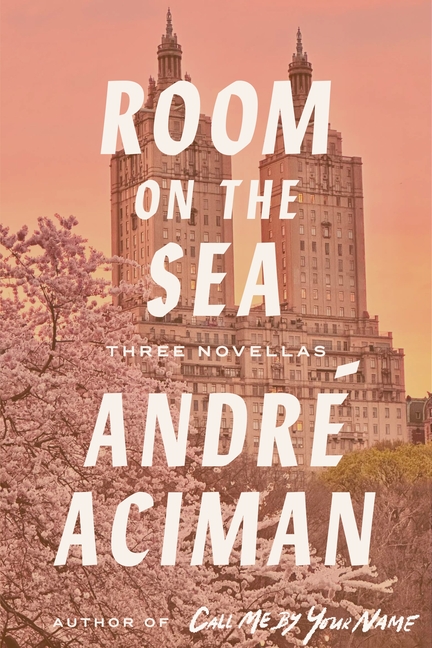Aciman’s writing transports us to this subliminal space that is our everyday encounters with others, our constant pursuit of love and connection; this stretch of unknown where things are truly 'between always and never.' A reminder of how extraordinary human existence is, if you care enough to notice ... Aciman’s writing is eerie in its ability to make tangible these excruciatingly complex emotions. You read his work and somehow recognize precisely what he is talking about, even with their specifically sticky circumstances. And he writes between always and never with a delicate, determined balance ...
In fact, the concise form of the novella is ideal for his subject matter. As a reader, it would almost feel intrusive to have anything more than a glimpse into these characters’ lives. These extended vignettes lend themselves to the pendulum that is between always and never, or the driving force of everyday existence. With the close of each novella, which comes too soon but also right on time, we are reminded that the pendulum swings back ... Aciman’s choice to explore this form, the novella, is compelling in and of itself. His writing is centered on the strange coincidences of life, random encounters, and the possibility of connection. The fragments of lives that he describes are immediately immersive and transport you to choices you’ve made, opportunities yet to arise ... It is haunting in its ability to remain relatable centuries later, haunting in the deliciously destructive allure of regret
... This book, residing eternally 'between always and never' is a place of opportunity, of hope. Room on the Sea takes you to the space between the mind and the soul, devotion and delusion; it leaves you floating in momentary limitlessness.
Read Full Review >>

